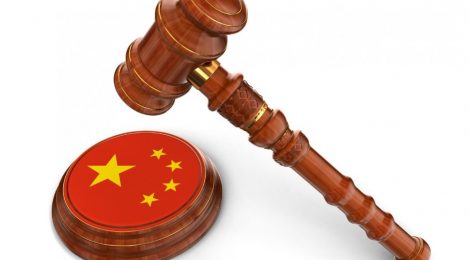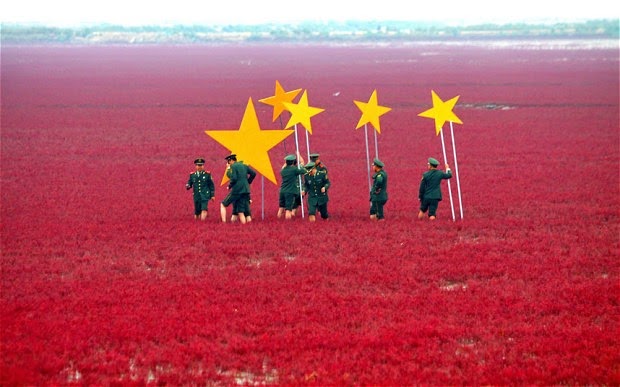
The new law on Foreign NGOs has passed: more restrictions to come
This week China’s parliament has passed a law governing the operations of foreign non-governmental organizations (NGOs) in the country. The new law has catalysed harsh criticism as an attempt to restrict and already tight space for NGO, mainly through police supervision.
With the Standing Committee of the National People’s Congress (NPC) passing the bill into law on Thursday, foreign NGOs will be required to register with Chinese police and the Ministry of Public Security before beginning operations in China. The law will apply both to organisations seeking to operate on permanent or temporary base in the Middle Kingdom. Moreover, foreign NGOs will be “banned from engaging in or sponsoring commercial and political activities or illegally engaging in or sponsoring religious activities,” and tight restrictions will be introduced to control their funding sources.
 During a press conference on Wednesday, Guo Linmao, an official with the Commission for Legislative Affairs of the NPC Standing Committee, reassured the foreign audience that the law will not confine the activities of overseas NGOs. He also underlined that China is not the only country in the world that entrust the police to supervise overseas NGOs, on the contrary, various other countries put into place the same measures. This is justified, as Guo highlighted, by the fact that the police have more resources and experience of handling affairs related to foreigners, thus, it is able to provide the best service in this regard. “We welcome overseas NGOs and our door is wide open. There is no reason to worry about this law nor the involvement of the police,” he said. As Xinhua state agency reported, the legal operations of overseas NGOs on the mainland will be protected, as long as they do not undermine the country’s unity, security or ethnic solidarity.
During a press conference on Wednesday, Guo Linmao, an official with the Commission for Legislative Affairs of the NPC Standing Committee, reassured the foreign audience that the law will not confine the activities of overseas NGOs. He also underlined that China is not the only country in the world that entrust the police to supervise overseas NGOs, on the contrary, various other countries put into place the same measures. This is justified, as Guo highlighted, by the fact that the police have more resources and experience of handling affairs related to foreigners, thus, it is able to provide the best service in this regard. “We welcome overseas NGOs and our door is wide open. There is no reason to worry about this law nor the involvement of the police,” he said. As Xinhua state agency reported, the legal operations of overseas NGOs on the mainland will be protected, as long as they do not undermine the country’s unity, security or ethnic solidarity.
The law is set to take effect on 1 January 2017, and from that date onwards those NGOs that do not comply will be punished, but no further details have been provided on which kind of punishment to expect. The Ministry of Public Security (MPS) and provincial police departments will be responsible for registration and regulation.
The full text of the law has yet to be released, yet according to some, the draft of summer 2015 contained a very vague definition of NGO, to the point that, according to the critics, it could apply to a professor planning a lecture, foreign trade associations and overseas dance troupes. “NGOs will have their registration certificates withdrawn if they are found stealing state secrets, spreading rumours, sponsoring political activities or any other activity that harms state security and interest,” Xinhua warns. Therefore a lot will depend on how state secrets and rumours are defined by who applies the rule.
Some observers also noted that, compared with previous drafts, a number of restrictions were eased in the adopted law. For example, exchanges and cooperation between Chinese and overseas colleges, hospitals and science and engineering research institutes will follow existing previous regulations. The new law also removed the original limit of offices on the Chinese mainland to one, as well as the five year operational limit on representative offices. Similarly, the restrictions on staff and volunteers have been removed, though tougher rules have been imposed on finances, thus including the source of funding, expenses and revenue.
This latest law seems to be in line with President Xi Jinping’s drive to operate greater control and limit Western influences on Chinese society. Also, it is part of a wider global trend in which powerful nations, such as Russia and India, are cracking down on non-government organizations and consolidating power in the state.




